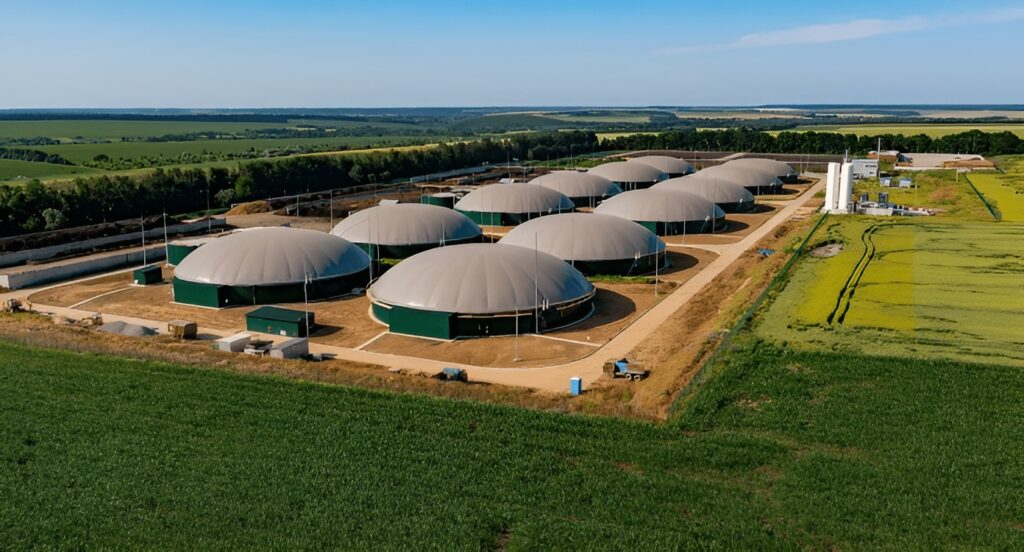The EAAIF has previously invested in the Côte d’Ivoire-based Biovea biomass plant. Image Credits: EAAIF
The Swedish development finance institution, Swedfund, announced that it is investing €40 million in the Emerging Africa & Asia Infrastructure Fund (EAAIF), a Private Infrastructure Development Group (PIDG) company presided over by Ninety One. The investment will channeled towards addressing pivotal infrastructure gaps in Africa, the Levant, South Asia, and Southeast Asia. It will focus on projects that promote climate action and sustainable development.
The Emerging Africa & Asia Infrastructure Fund was established in 2001. Since then, it has dispensed over $2.5 billion in patient debt capital for a wide variety of infrastructure projects across Africa and Asia. An example is a $42 million debt investment in the 46MW Biovea biomass plant in Côte d’Ivoire. The project is being projected to boost income for 12,000 outgrowers, improve electricity access for 743,000 consumers, and reduce CO2 emissions by 120,000 tonnes annually.
EAAIF is a blended finance channel that supports infrastructure projects through public and private debt capital. The fund provides debt products on commercial terms to projects belonging to, and operated, by private sector experts. It seeks to catalyze economic stability, job creation, poverty reduction, and business confidence through infrastructure development. At the time of this writing, the fund has supported 96 projects across 10 sectors in over 20 African countries. It is part of the PIDG and receives funding from the governments of the UK, the Netherlands, Switzerland, and Sweden, as well as public and private financiers.
A large portion of the population in the fund’s target areas lack access to adequate infrastructure. Africa’s energy deficiency is evinced in the fact that it is home to about 75% of the world’s population who live without access to electricity. In Asia and the Pacific, the Asian Development Bank estimates that over 350 million people have limited electricity access, with 150 million lacking it entirely. This infrastructure deficit extends to digital connectivity, hindering access to essential services in South Asia and sub-Saharan Africa, some of the world’s least connected regions.
“EAAIF plays a crucial role in financing impactful infrastructure projects in its markets” said Jérémie Hoffsaes from Swedfund’s Energy & Climate team. He also added that Swedfund’s investment aims to reduce perceived risks associated with African infrastructure investments, build investor confidence, and mobilize further private capital.
Martijn Proos, Co-Head of Emerging Market Alternative Credit at Ninety One, highlighted the fund’s commitment to low-carbon infrastructure, mitigation, and adaptation strategies. “The impact from Swedfund’s commitment will be felt for decades, allowing us to deliver climate-resilient, inclusive infrastructure projects that transform economies and improve lives in Africa and Asia,” he said.
Swedfund’s investment will prioritize climate-resilient infrastructure, supporting adaptation, net-zero transitions, and enhanced digital connectivity. These projects will benefit from PIDG’s technical assistance, focused on building resilience in underserved communities and improving gender equality, inclusion, climate, and nature outcomes. Swedfund’s involvement, alongside private sector partners like Allianz and Standard Bank, is expected to strengthen EAAIF’s capacity to deliver impactful projects in challenging markets.

